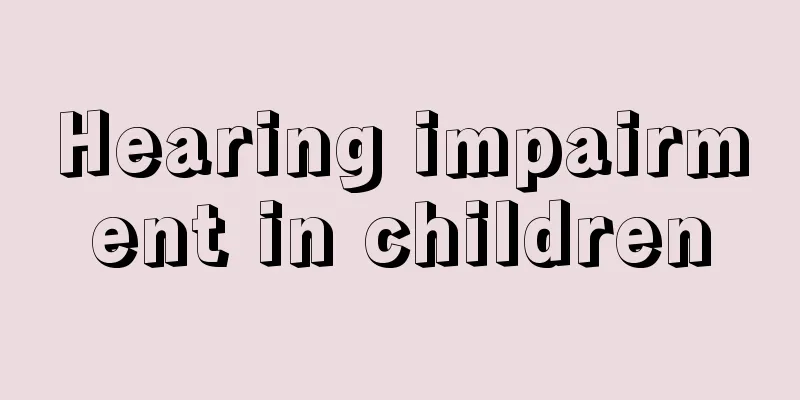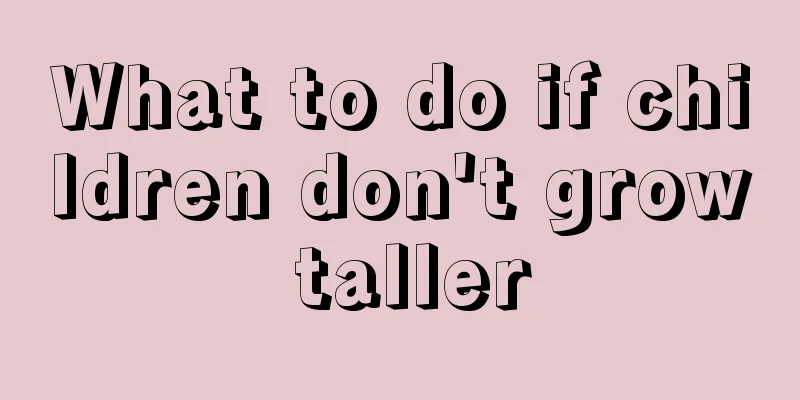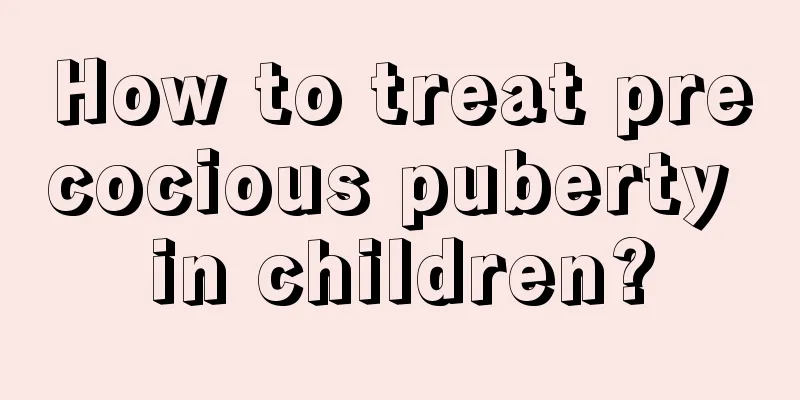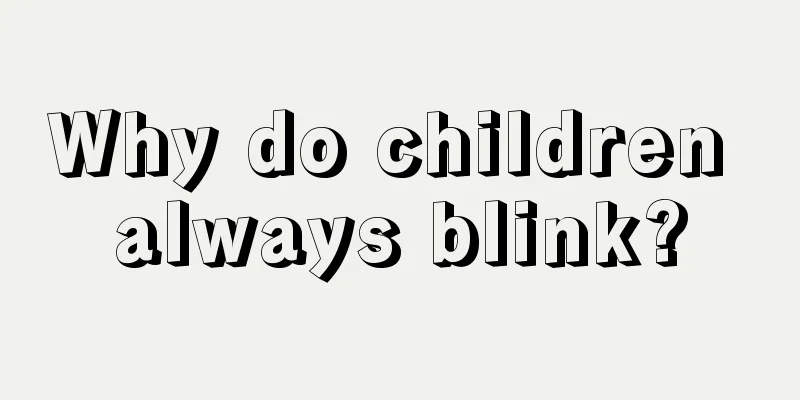Hearing impairment in children

|
The problem of hearing impairment in children always worries many parents, but apart from being helpless, many parents do not have a good solution to this problem. On the basis of following the doctor's advice, it seems that we still have to do something for our children, such as seriously understanding such diseases and fully understanding their feelings psychologically. This is also something we as parents must do for our children. Please read the following introduction carefully, it will be helpful to you. Hearing loss can occur at any age. About 1/800-1/1000 newborns have severe and profound hearing loss at birth, and 2-3 times as many newborns have slightly lower degrees of hearing loss, including mild to moderate, bilateral or unilateral hearing loss. In childhood, another 2/1000-3/1000 children suffer from acquired moderate to severe progressive or permanent hearing loss, and many adolescents are at risk of sensorineural hearing loss due to excessive exposure to noise or head injury. Hearing impairment can result in lifelong impairment of a child's receptive and expressive language skills. The severity of the impairment is determined by several factors: the age at which hearing loss occurs; the nature of the hearing loss - its duration, the frequency of impairment, the extent of the loss and the susceptibility of the individual child (including co-existing viral insults, intellectual disability, and fundamental language defects); an accurate assessment of hearing - the frequencies of impairment, and the loss of air and bone conduction - is available and is not affected by age or severity of impairment. For children with sensorineural hearing loss, the additional burden of conductive hearing loss can severely reduce their ability to discern speech. Hearing loss affects children with sensory, language and cognitive deficits more seriously than other healthy children. Conductive hearing loss Most hearing impairment is acquired conductive hearing loss, associated with otitis media and its sequelae. Almost all children experience mild to moderate, intermittent or persistent hearing loss caused by otitis media. Repeated or severe infections can lead to permanent defects. Children most susceptible to otitis media are those with craniofacial anomalies (eg, cleft palate), immunodeficiencies (eg, transient hypogammaglobulinemia of infancy), and those exposed to environmental risk factors (eg, aspiration, day care settings). Disease in any part of the auditory system can cause hearing loss in children. Malformations of the external auditory canal and middle ear, either alone or as part of a syndrome (eg, Treacher Collins syndrome), may result in loss of conductive function. Children with isolated middle ear malformations may develop congenital sensorineural hearing loss. When the loss of sensory (hair cells) and neural (spinal ganglion cells) hearing loss occurs before birth, it is called congenital sensorineural hearing loss; if the hearing loss occurs in the first or second year of life, it is called childhood early-onset progressive sensorineural hearing loss. Congenital sensorineural hearing loss can be caused by both external and internal factors. To sum up, I believe you must have a relatively detailed understanding of children's hearing impairment. If unfortunately, your child develops similar symptoms in the future, I believe you will have a more appropriate way to deal with it and a clearer understanding. |
<<: Childhood behavioral disorders
>>: What to do if children have sore throat due to tonsillitis
Recommend
How to take care of a child who suddenly has stomach pain
As children grow up day by day, some bad habits w...
What to do if your child skips school
Books are the ladder of human progress. The reaso...
What are the diagnostic criteria for cerebral palsy in children?
Every parent hopes that their children can grow u...
What causes pain in the back of the child's head?
Raising a child is a very troublesome and careful...
What should I do if my baby has dry and hard stools and difficulty defecating?
The baby's stool is always very dry and hard,...
What are some tips for treating baby’s runny nose?
When the weather changes, children are prone to c...
Does precocious puberty mean that you won't grow taller?
It is very important for parents that children ca...
How to help newborn cryptorchidism descend
The testicles are a very important part of the ma...
5 month old baby has white spots on face
If a five-month-old baby has white spots on his f...
What should I do if my baby has poor cognitive abilities?
Children will face many problems in the process o...
At what age do children start to grow hair?
As we all know, growing sweat hair is a very norm...
What are the best treatments for cerebral palsy in children?
Cerebral palsy in children is a very common disea...
What to do if your child has a hunchback?
We all say that knowledge changes destiny, and bo...
Baby intelligence development
We will be happy about the birth of the baby, but...
How to treat children's autumn diarrhea
Both adults and children will suffer from diarrhe...









